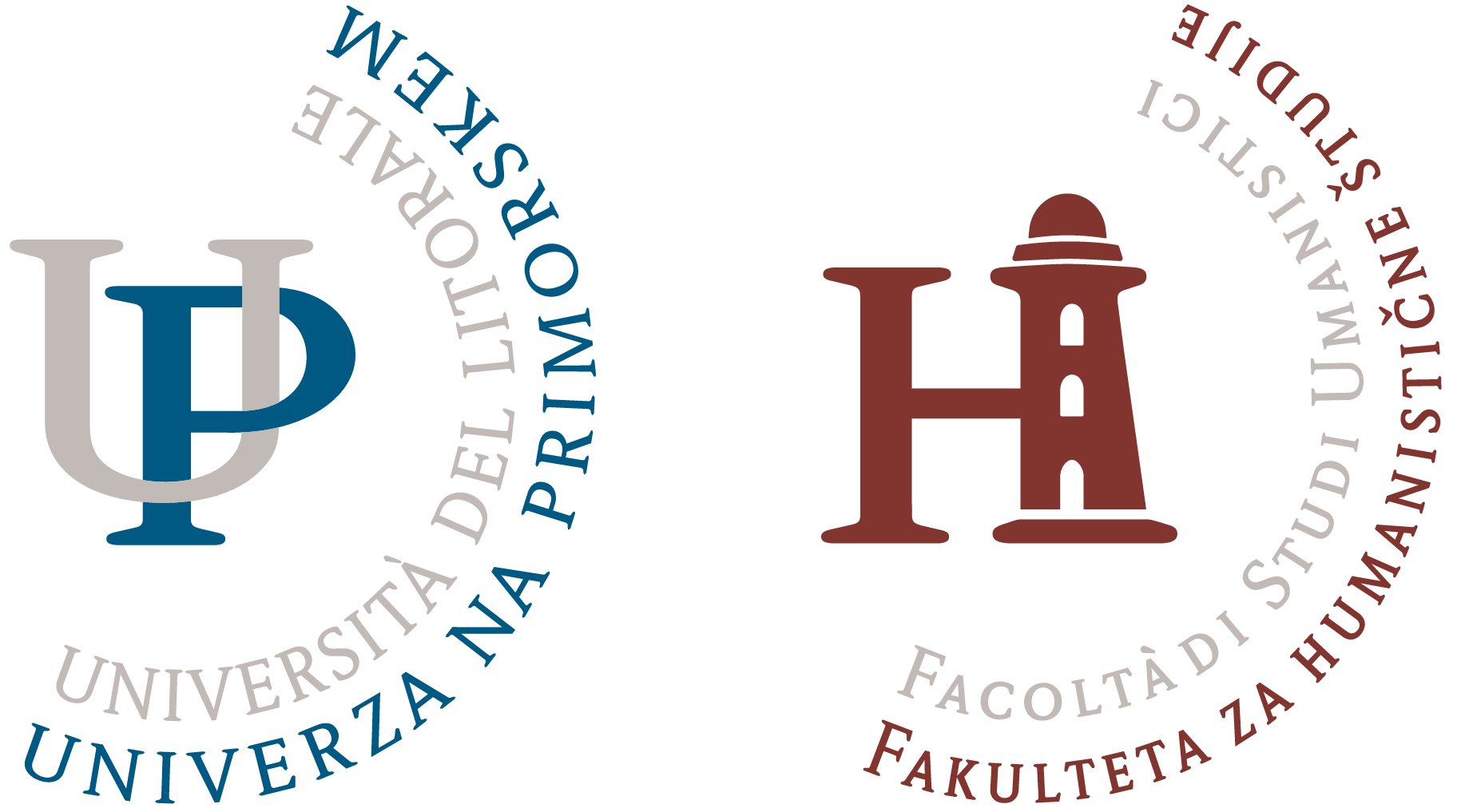Slovene Studies
Doctoral Study Programme
Presentation
The study programme follows from the need for theoretical knowledge and the need to apply linguistic and literary knowledge acquired during the past and contemporary development, the state of the Slovenian language, linguistic theories of the 20th century and the confrontation of the Slovenian language with Slavic, Romance and Germanic linguistic phenomena, together with the development of Slovenian and also world literatures from the beginnings to the present, and the literary theory. In this regard, students discuss in detail the linguistic, literary and other cultural specifics of Slovenian border and cultural-related areas, with a special emphasis on the area between the Alps and the Adriatic, as well as some key elements of Slovenian culture from historical, geographical and anthropological, cultural aspects, even in comparison with other cultures.
The study programme preserves the whole of the necessary classical Slovenian studies knowledge, but deals with them and connects them in a more modern way. It also focuses on the study of language/s and literature/s in intercultural spaces, especially in the area of the cultural contact area between the Alps and the Adriatic, where various social and cultural spaces, various forms of social, cultural and spatial identity, as well as various interethnic, international and interregional linguistic and cultural policies come together.
Special emphasis is put on methodological and theoretical approaches in linguistics and literary studies, since each individually designed study curriculum contains at least one (basic) methodological module. This encourages critical reflection and a deepened approach to individual doctoral dissertation. The study thus enables individual development of various contemporary concepts of linguistics – from etymology to conversational analysis based on modern linguistic technologies – and literary studies. At the same time, the programme does not exclude classical linguistic approaches to language as a system and literary history and theory. In short, the third level programme of Slovenian studies offers a complex, comprehensive and contrastive view of the Slovenian language and literature.
Programme Information
Curriculum
Title and Level of Qualification
Doctor of Philosophy (PhD)
Type and Duration
Doctoral, third cycle, part-time study
Duration: 3 Years / 180 ECTS
Classification (KLASIUS-P-16)
0232 literature and linguistics
Admission Requirements
Admission to the first year of study shall be granted to the candidates who have completed:
a) a master’s (second cycle) study programme;
b) an undergraduate academic study programme, adopted before 11 June 2004 (pre-reform study programme);
c) a specialisation study programme after having graduated from a study programme, adopted before 11 June 2004 (pre-reform study programme), if a candidate has completed all the study obligations relevant for further study prior to enrolment. Study obligations in the amount from 30 ECTS to 60 ECTS credit points are determined by the competent Faculty Commission, based on the individual application, taking into account the field of previous study. Additional examinations must be completed prior to entry into the programme or during the previous study;
d) an unified master’s study programme, if the study programme carried 300 ECTS credit points and lasted 5 years;
e) a comparable education abroad and have been, in the process of recognition of their qualification and in accordance with Assessment and Recognition of Education Act, legally granted the right to continue their studies in the study programme.
In Case of Enrolment Limitation
the candidates are selected according to:
- final thesis grade from the previous study cycle (40 %),
- average grade on all previous exams (60 %).
Additional Documents required for the Admission Procedure
Along with the application candidate shall also enclose:
1) short research proposal for the doctoral study and
2) basic personal data of the candidate.
The research proposal (7,000-15,000 characters with spaces, bibliography is not part of the sum of characters) must be structured in sets and includes:
1) title page with the name and surname of the candidate, the proposed title of the research topic in the dissertation (if possible at this stage), and the name and surname and academic title of the most suitable mentor in doctoral studies (if possible at this stage),
2) indication and short description of the research topic (definition) (definition of the theoretical starting points of the research, definition of the research question (problem) and research objectives),
3) intended methods of work,
4) expected results and original contribution to science and
5) indication of basic literature and sources.
Basic information about the candidate must contain:
1) short curriculum vitae (up to 2,500 characters with spaces, possibly in indents and
2) bibliography of the candidate (if any).
Expert Commission reviews the candidate’s application. The Commission invites the candidate to an interview before enrolment and the most suitable mentor for the intended field of research is determined. The interview is also an opportunity to reshape the research field in order to provide appropriate mentoring. If the candidate’s research plans are incompatible with the research contents of the Department of Anthropology of the Faculty, the candidate is advised not to enrol. It is necessary to obtain the consent of the expert Commission and the mentor prior to enrolment.
Number of available Places
Slovenian citizens and other citizens of Member States of the European Union: 5
Slovenians without Slovenian citizenship and foreign citizens of non-European Union countries: 2
My long-standing desire to work in writing professionally came true. So far, I‘ve published three books, two short-story collections and a novel. First and foremost, I would say that during my studies, I learned to critically read my texts and refine them. I gained a lot of knowledge in the field of narratology and narrative techniques and how to use them. I use knowledge not only in my writing, but also in conducting creative writing workshops, so I share it in some way. In addition to creative writing, during my studies at FHŠ I also gained a lot of knowledge in another field with which I am professionally practised, i. e. proofreading. Within the framework of the module Creative Writing, we had some elective courses from the study of Slovene studies and among other things, I chose the course Proofreading, where students gained really a lot of practical experience and knowledge.
Doctoral degree Study Programmes

Anthropology
Doctoral study programme
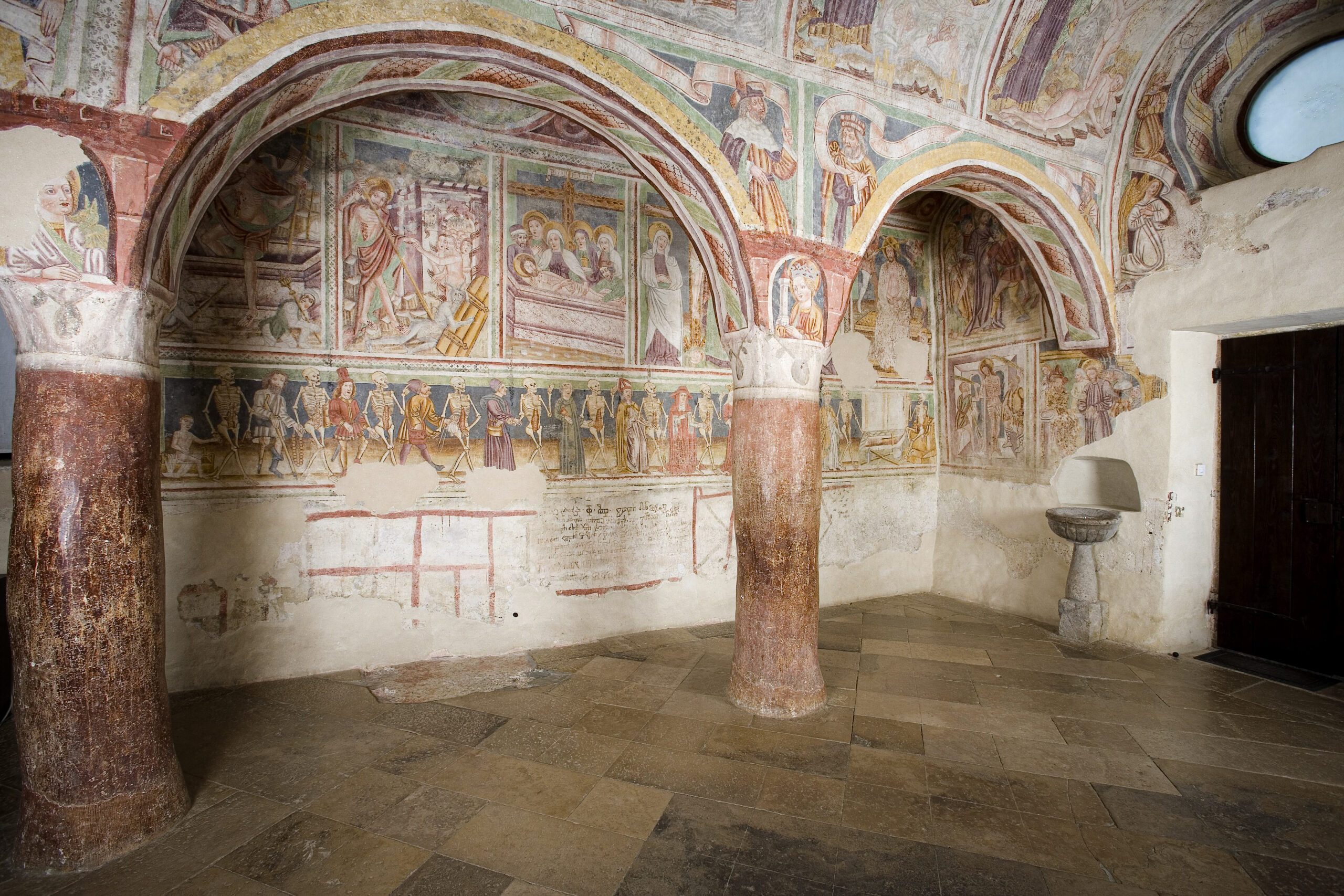
Archaeology
Doctoral study programme
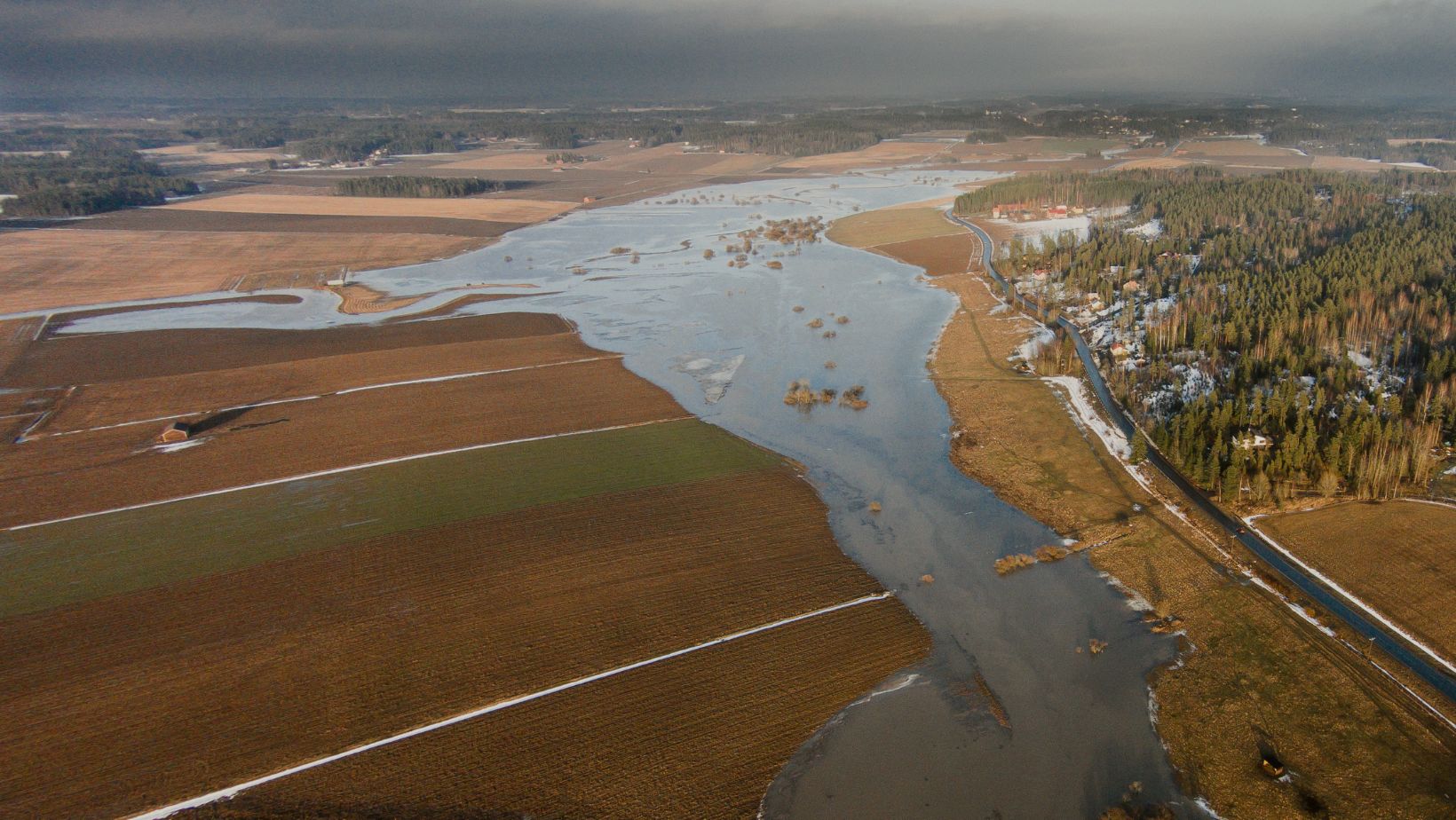
Geography
Doctoral study programme
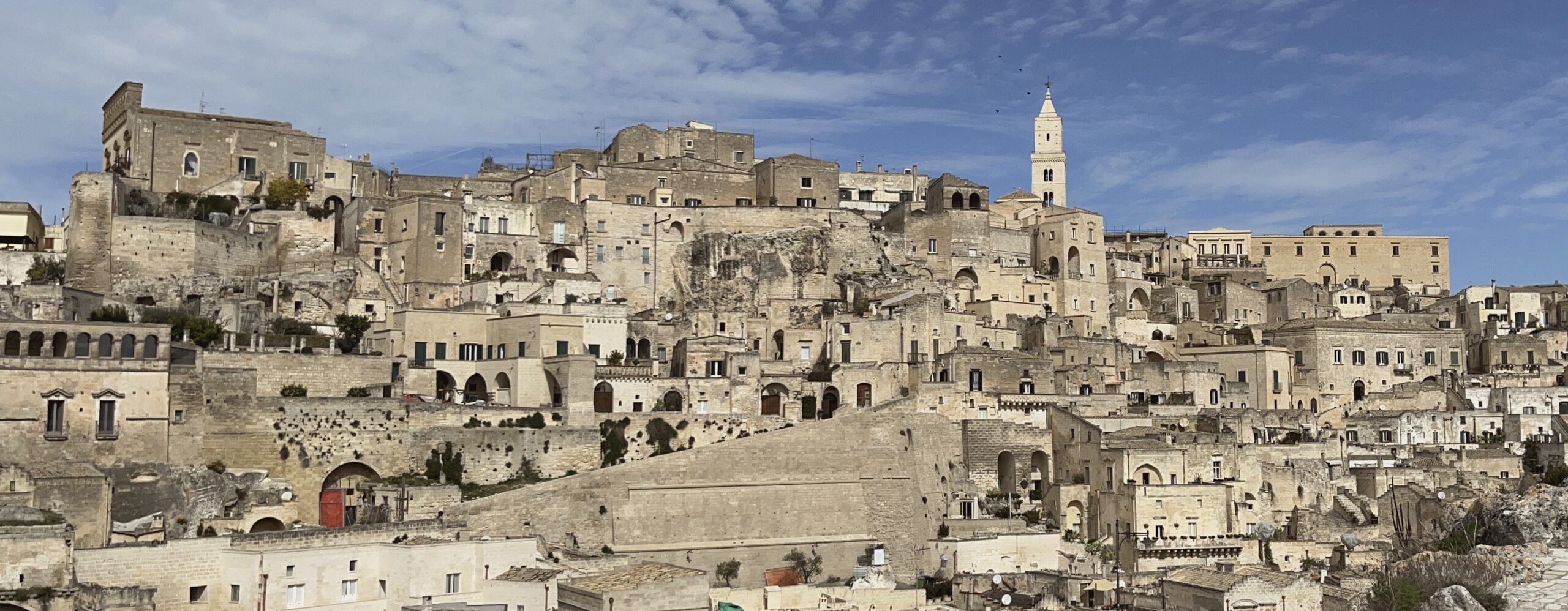
Language and Interculturality
Doctoral study programme

Slovene studies
Doctoral study programme
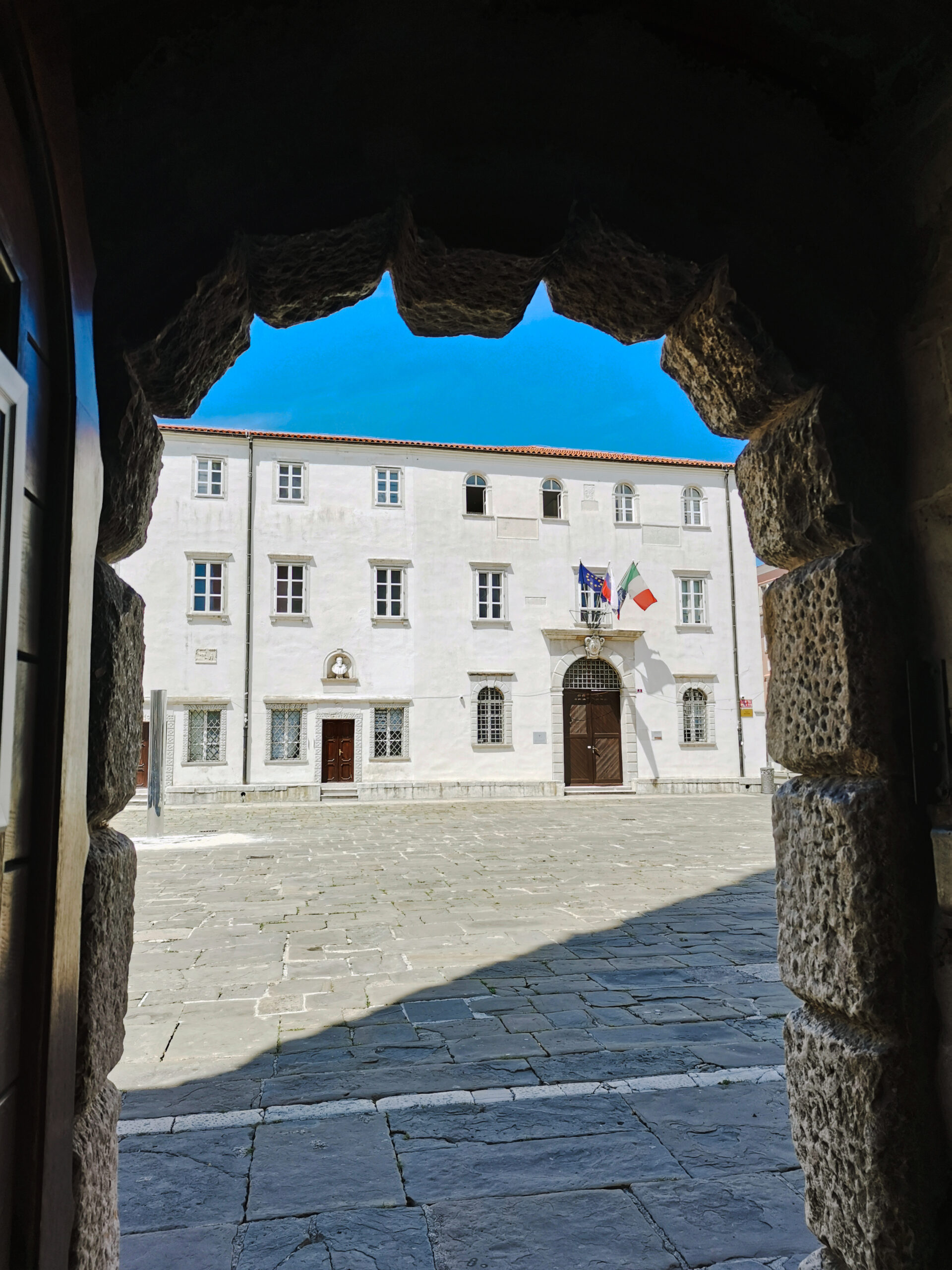
Management of Cultural Assets and Archives
Doctoral study programme

